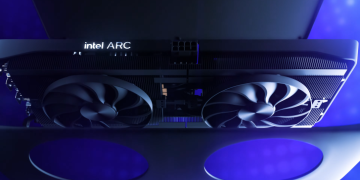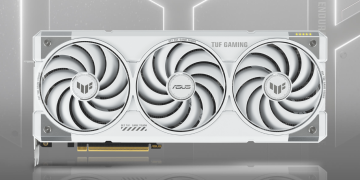One of the primary challenges Rapidus will encounter as it gears up for mass production of chips using its 2nm-class process technology in 2027 is securing a steady customer base. By then, giants like Intel, Samsung, and TSMC will also be rolling out their own 2nm-class nodes, so Rapidus needs something special to entice clients away from these established players. To tackle this, the company believes it has found a unique advantage: a fully automated packaging process designed to slash chip lead times compared to those involving human labor.
In a conversation with Nikkei, Rapidus’ president, Atsuyoshi Koike, shared how they plan to leverage advanced packaging as a competitive edge for their upcoming facility. Set in Hokkaido and currently under construction, this fab aims to start installing equipment this December. Interestingly, it’s poised to be a trailblazer by being both a chip producer and an advanced packaging provider under one roof. This innovative approach, which focuses on automating the back-end fab processes (think chip packaging), is what Rapidus hopes will give it a substantial leg up with quicker turnaround times.
Rapidus is zeroing in on back-end production largely because, unlike front-end processes like lithography, it heavily depends on human labor. So far, no advanced packaging fab has fully embraced automation, which, while offering flexibility, tends to slow things down. By automating this part of chip production, Rapidus aims to boost efficiency and speed—key factors as chip assembly grows more intricate. Additionally, the company is teaming up with numerous Japanese suppliers to source materials needed for back-end production.
Koike explained to Nikkei, “In the past, Japanese chipmakers kept their technology development strictly in-house, which drove up costs and made them less competitive. Rapidus intends to open up standardizable technology, reducing costs, while retaining pivotal technology in-house.”
Financially speaking, Rapidus is facing significant hurdles with a whopping ¥5 trillion (around $35 billion) needed by the time they scale to mass production in 2027. Of this, they project about ¥2 trillion will be required for prototype production by 2025. Although the Japanese government has already pledged ¥920 billion in aid, Rapidus still needs to draw considerable investment from the private sector.
Given its lack of a proven track record in chip production and the uncertain outlook for success, Rapidus has been struggling to attract private financing. The company is actively negotiating with the government to ease capital-raising efforts, including exploring options like loan guarantees, and is hopeful that new legislation could provide the necessary support.












![[Free Game Giveaway] Pets Hotel for PlayStation (NA/EU) [Free Game Giveaway] Pets Hotel for PlayStation (NA/EU)](https://www.xgamernews.com/wp-content/uploads/2025/05/Free-Game-Giveaway-Pets-Hotel-for-PlayStation-NAEU-360x180.jpg)
































